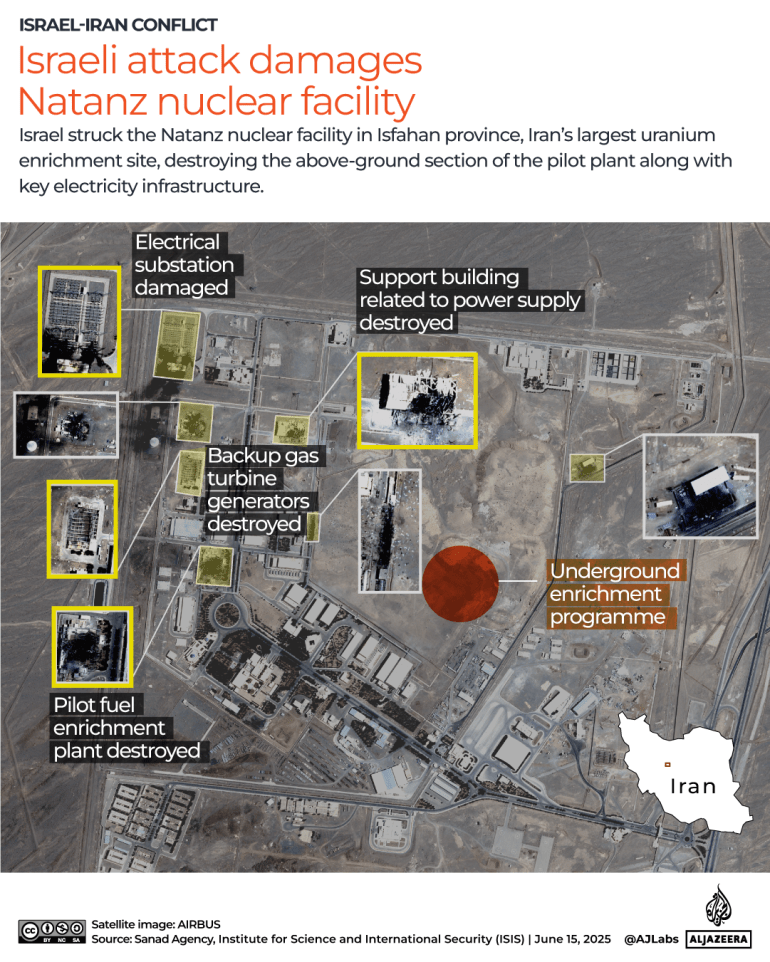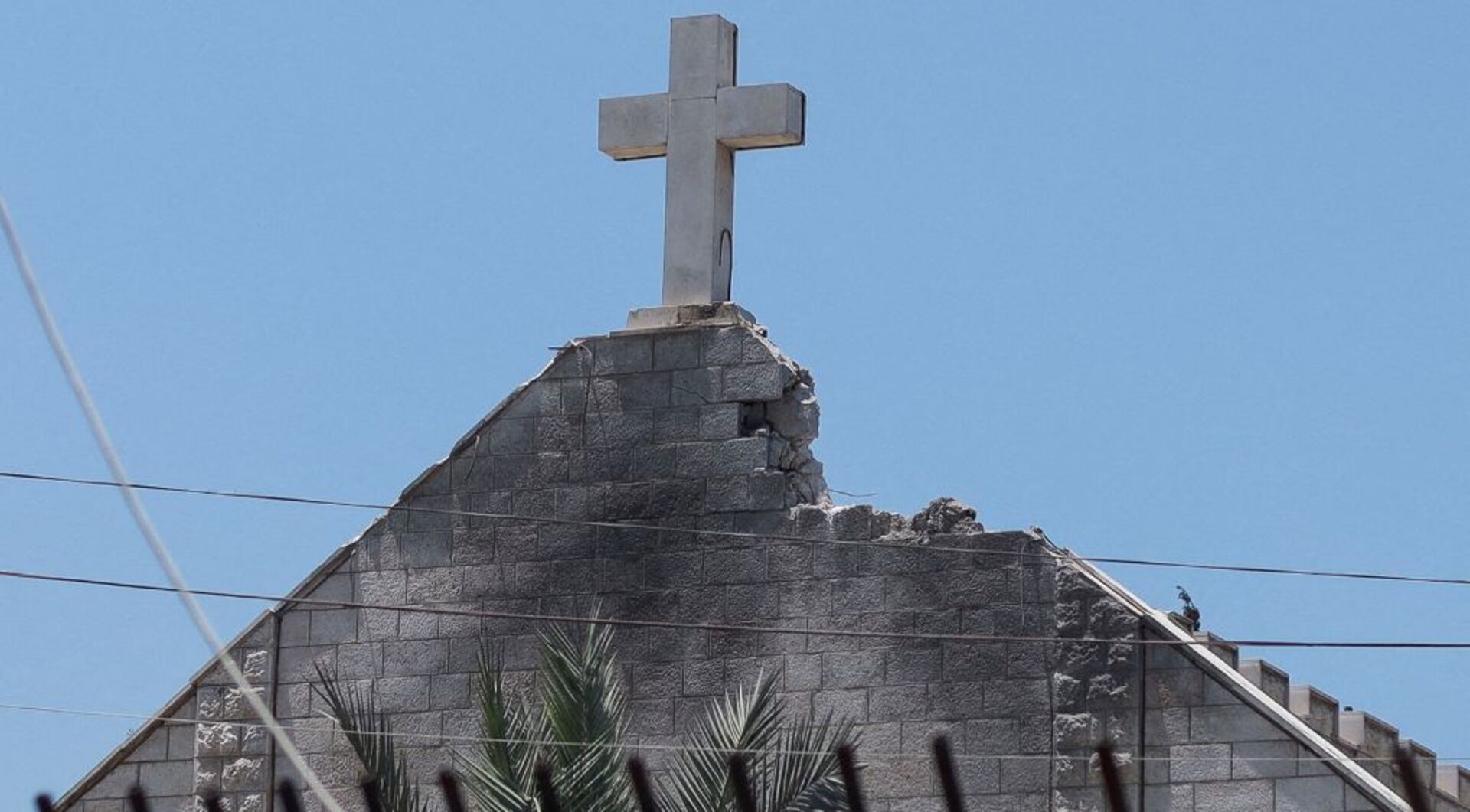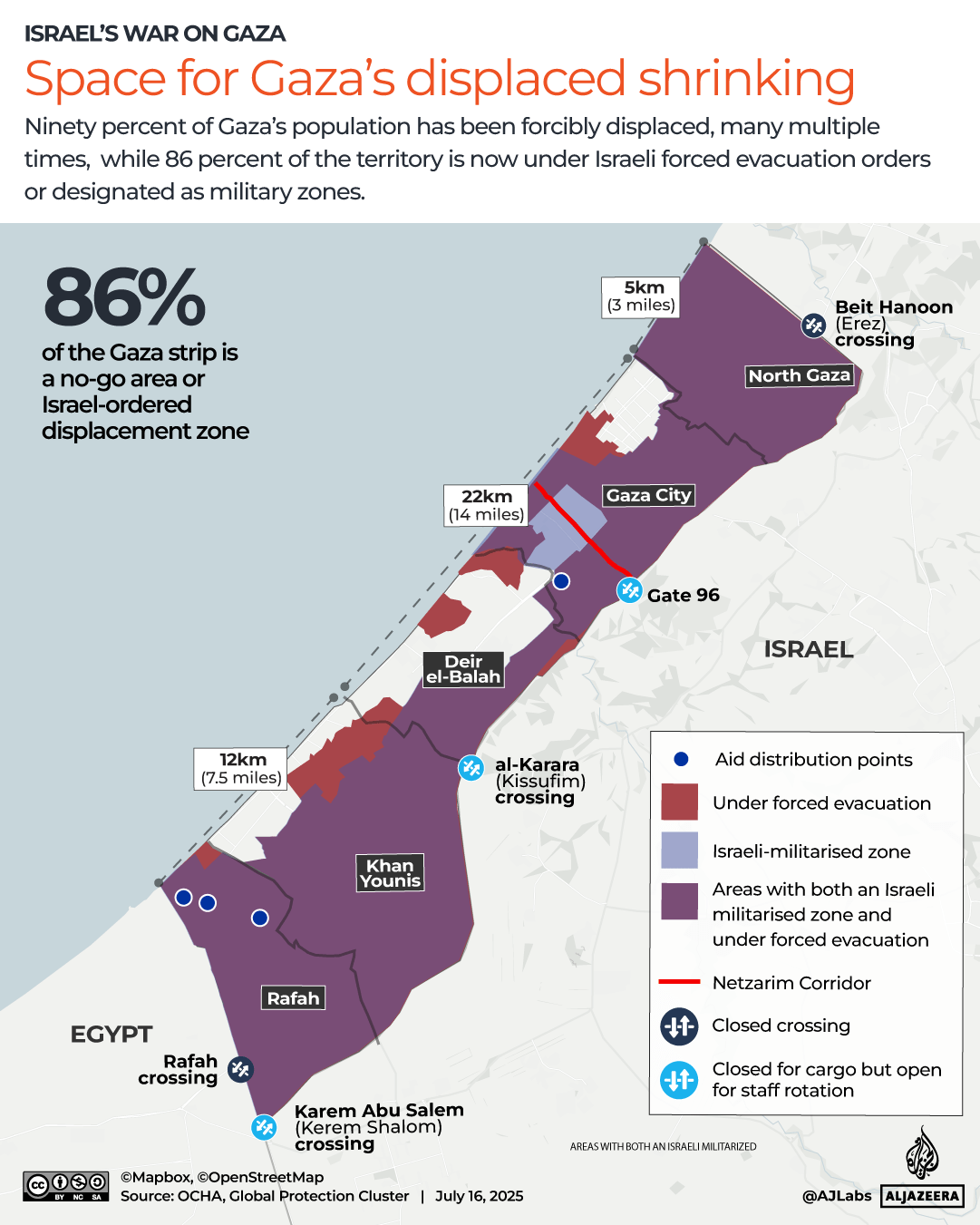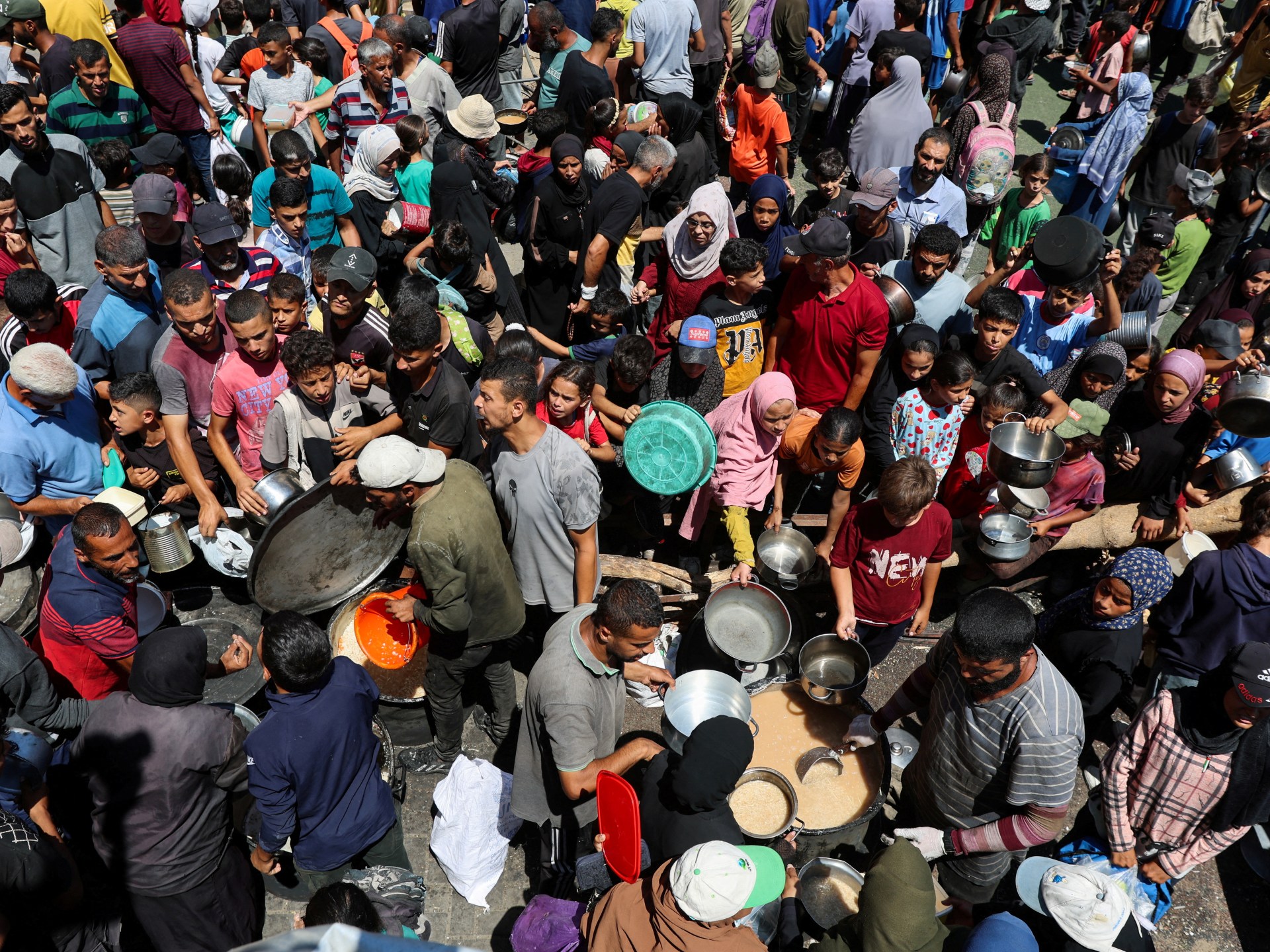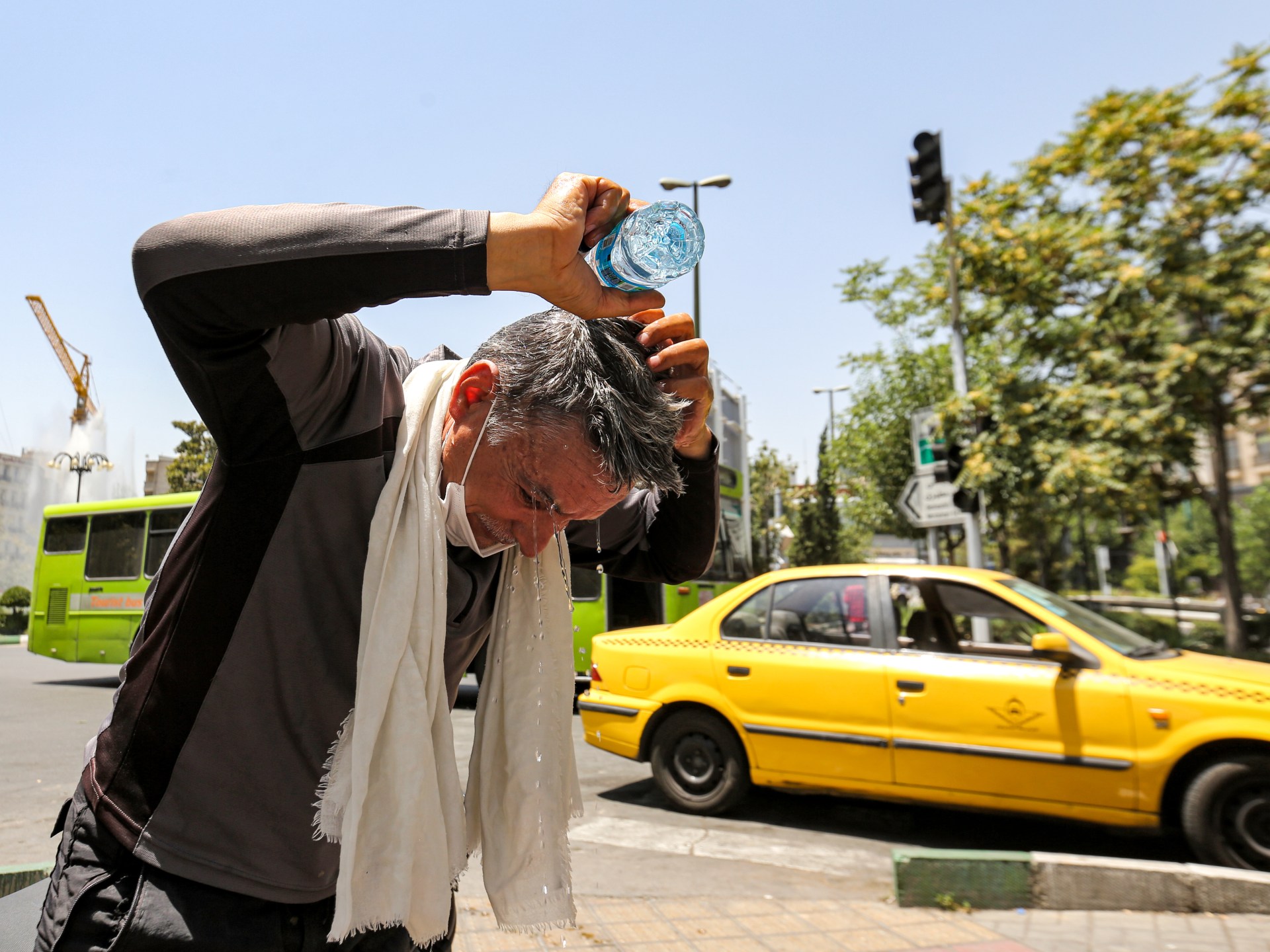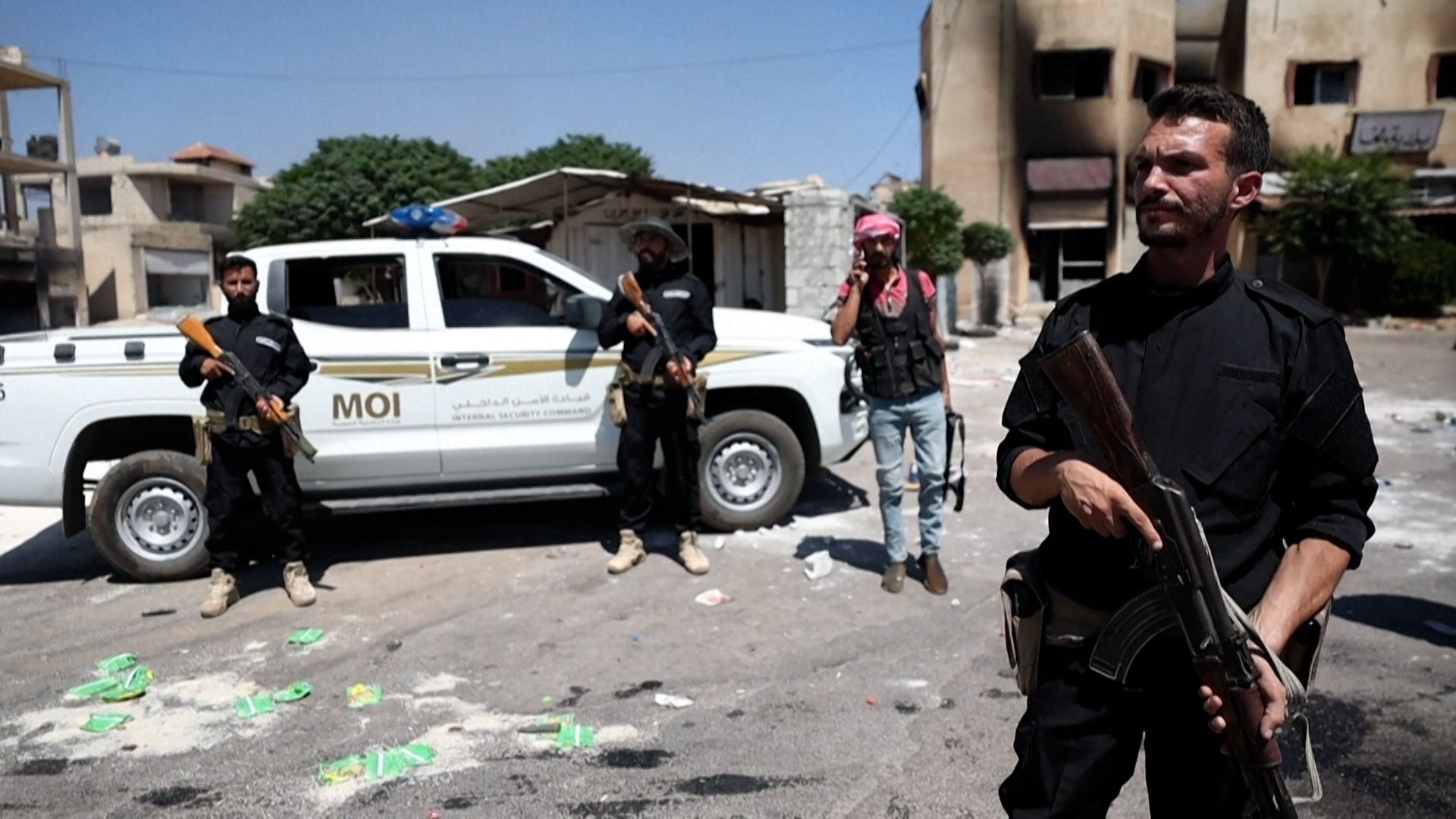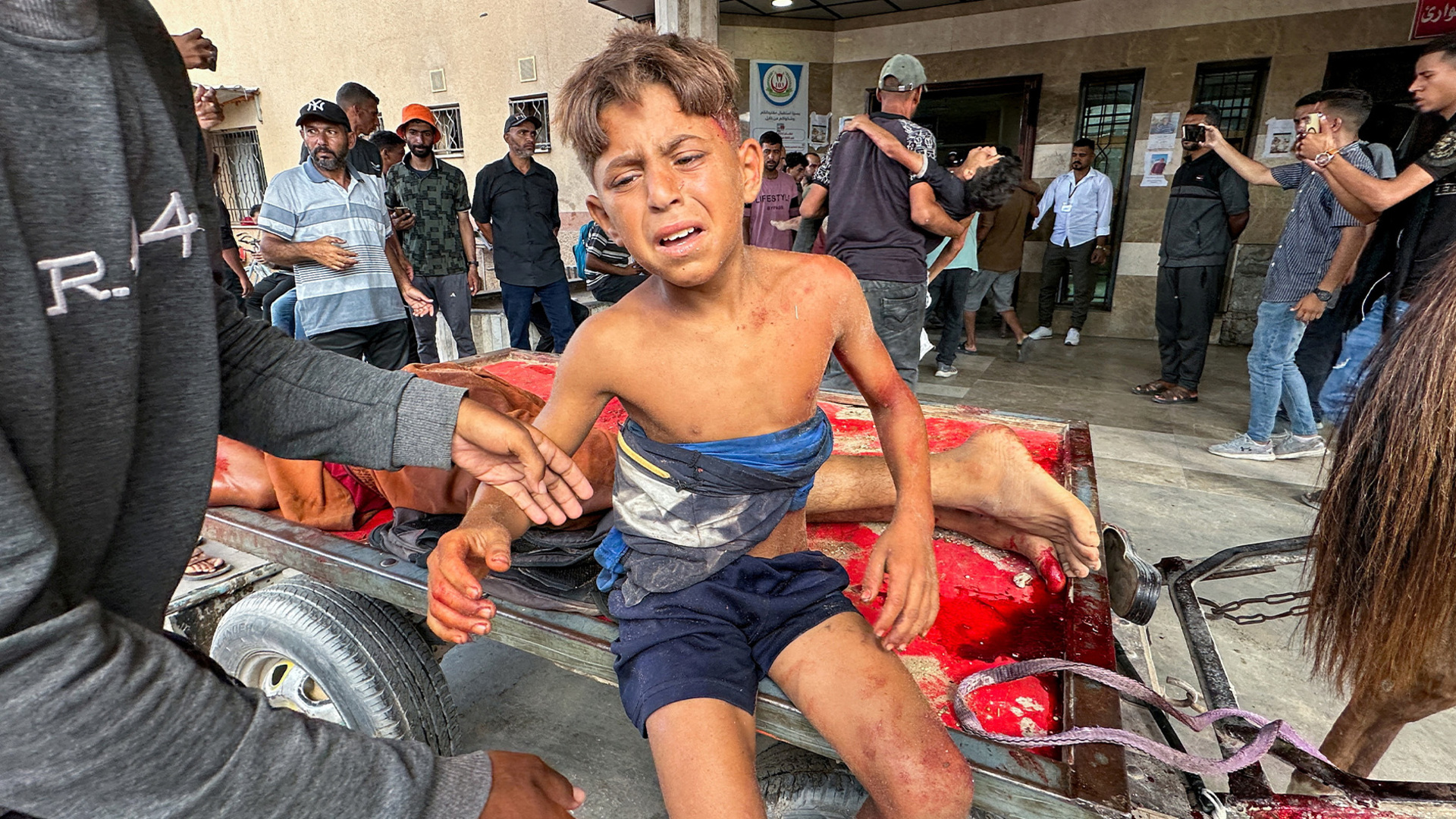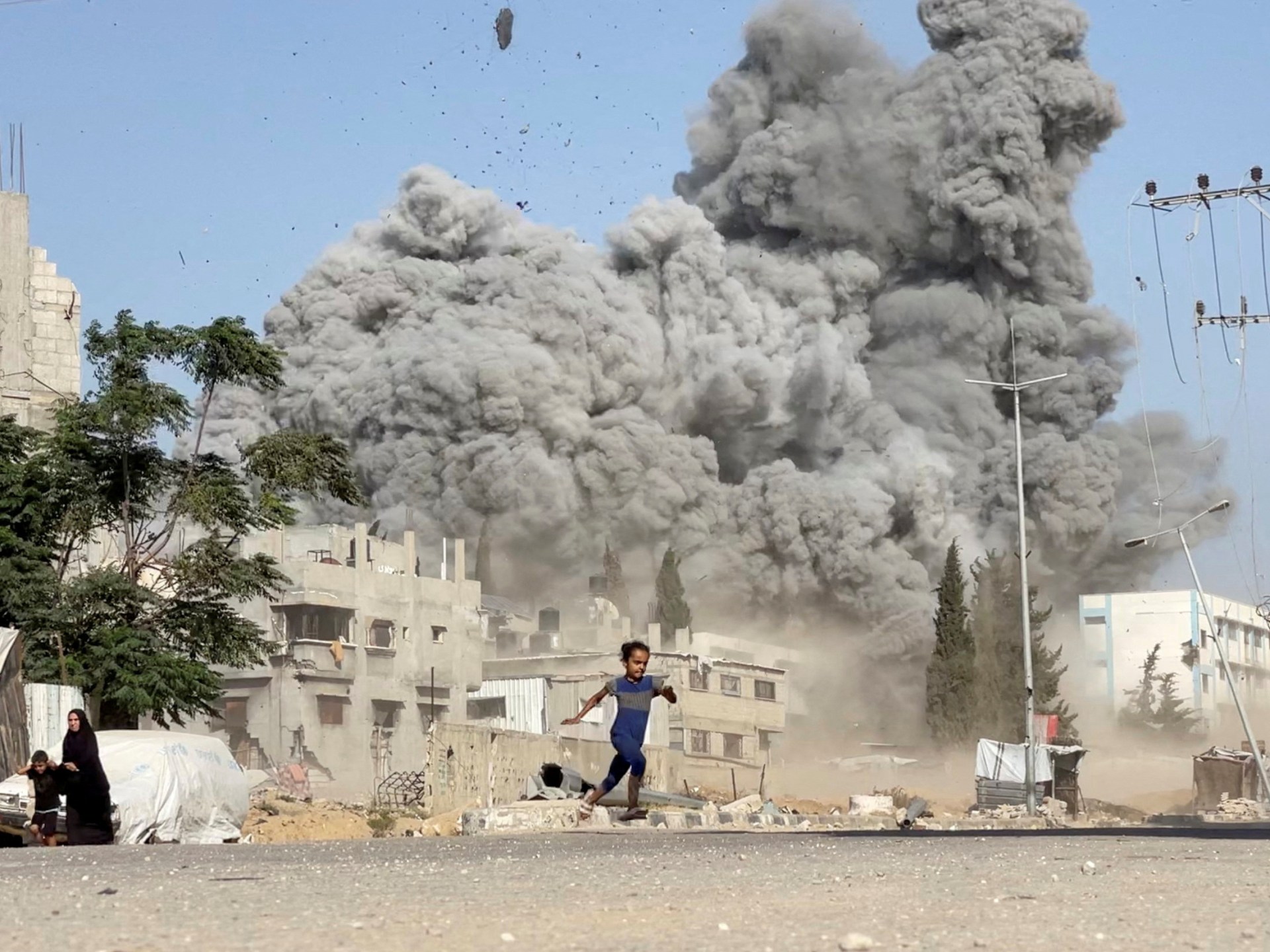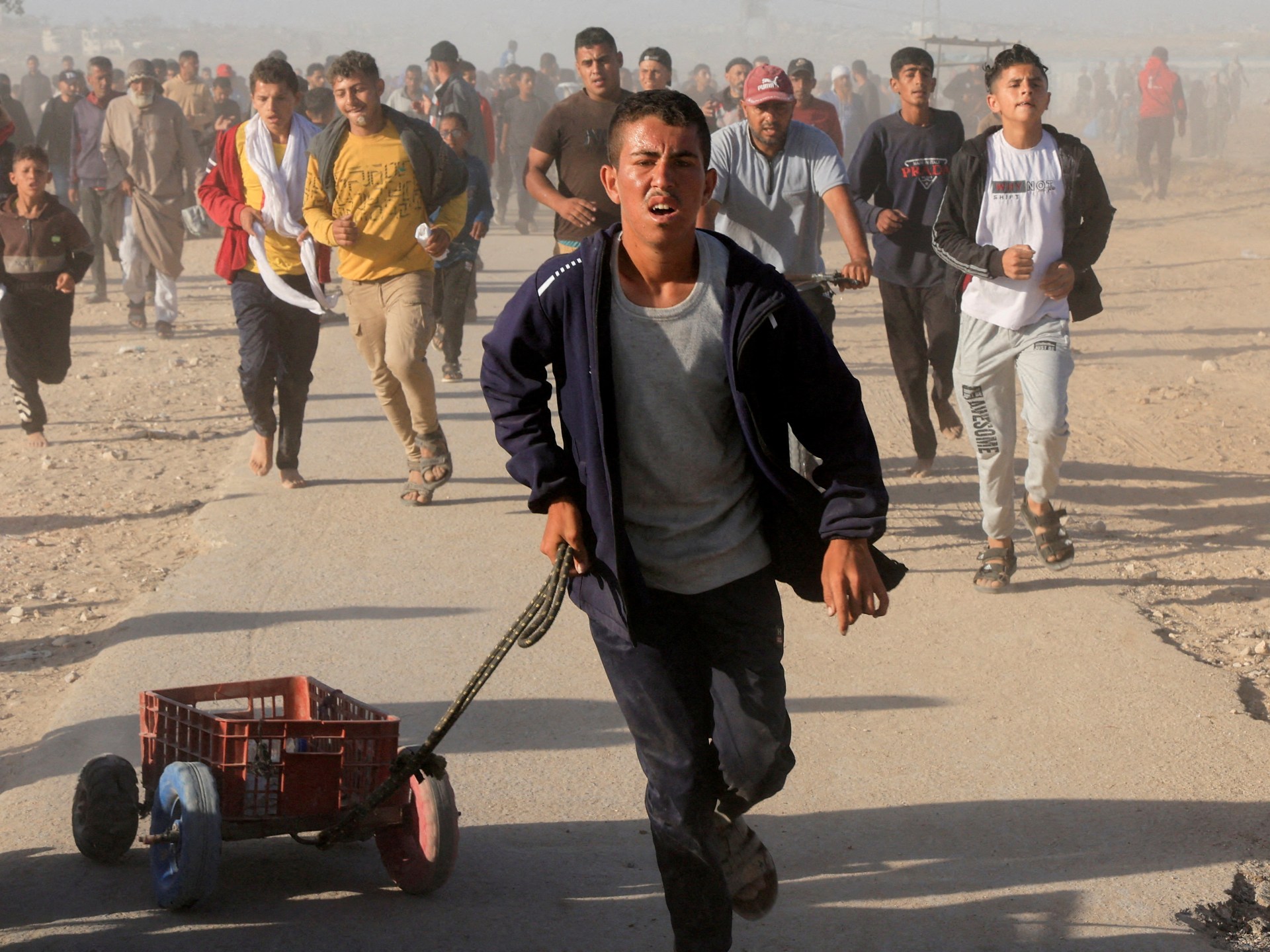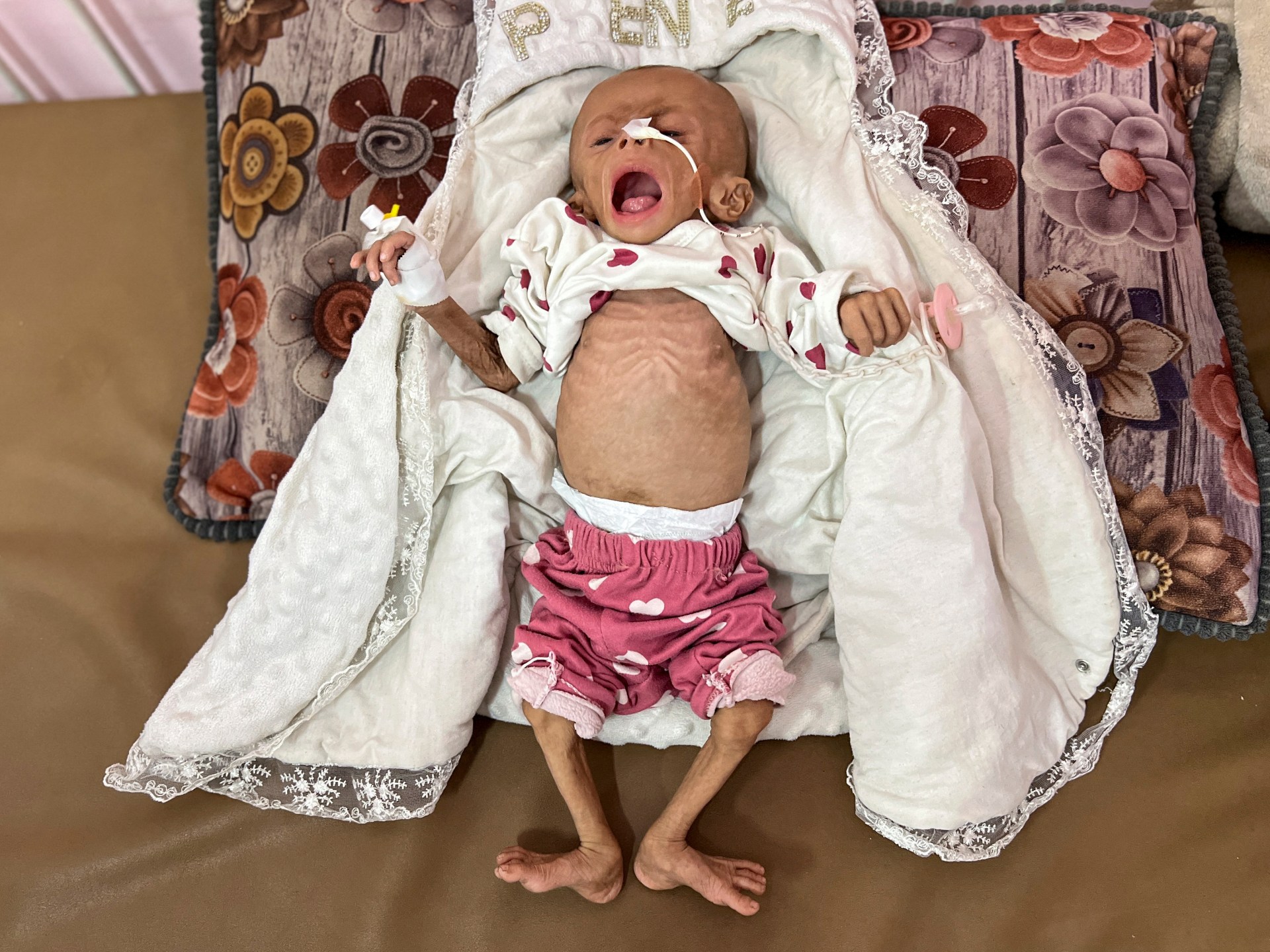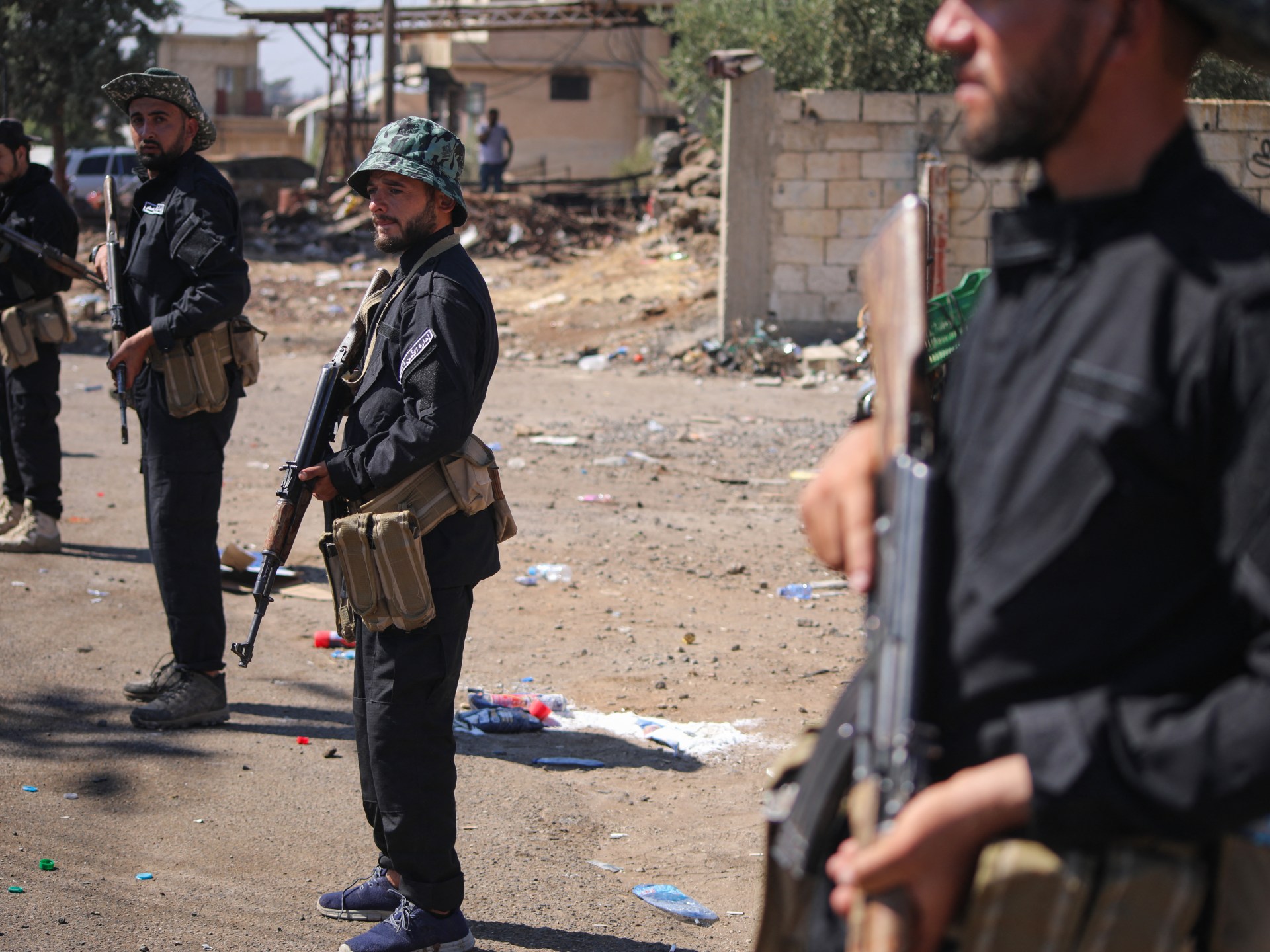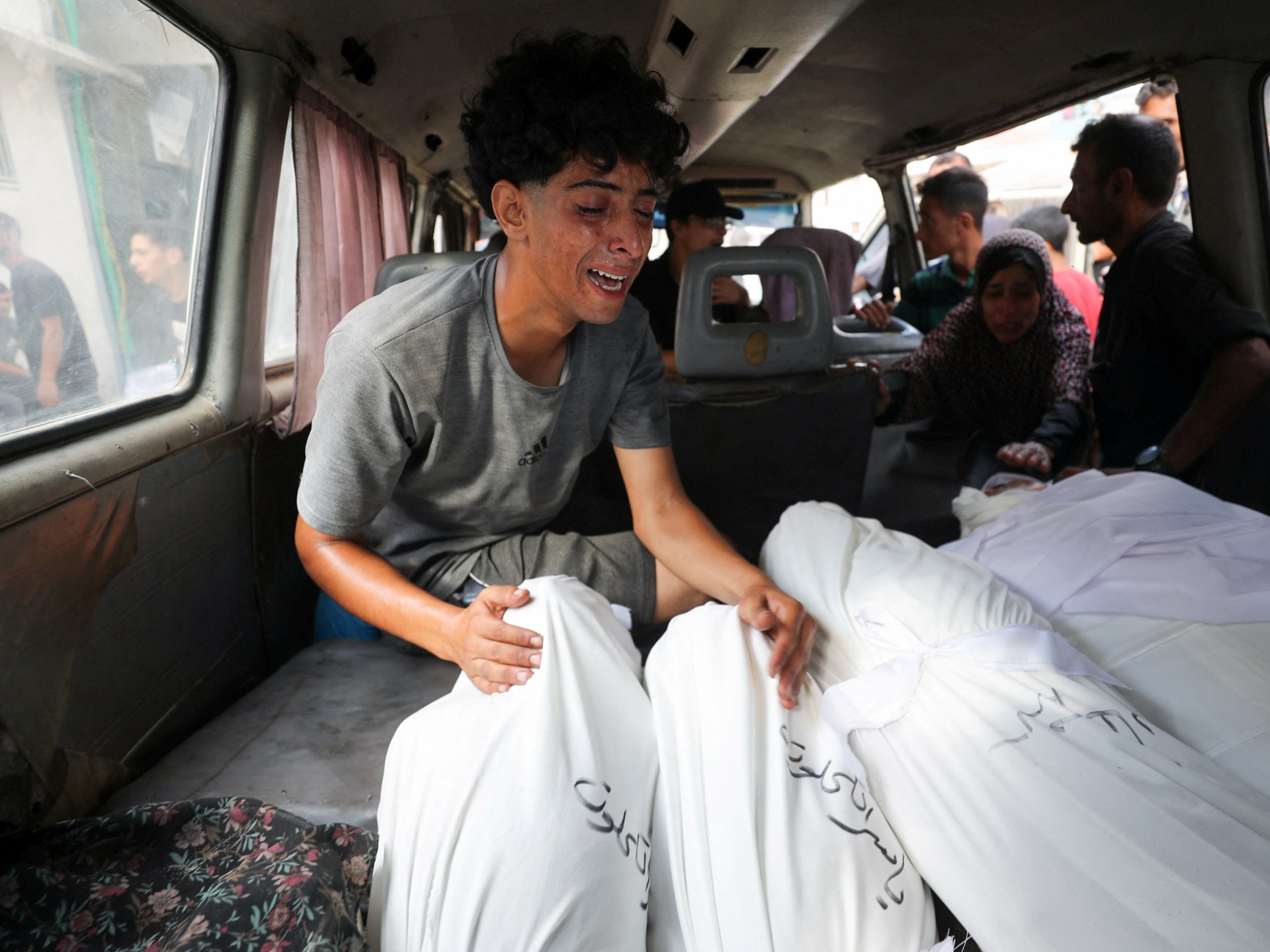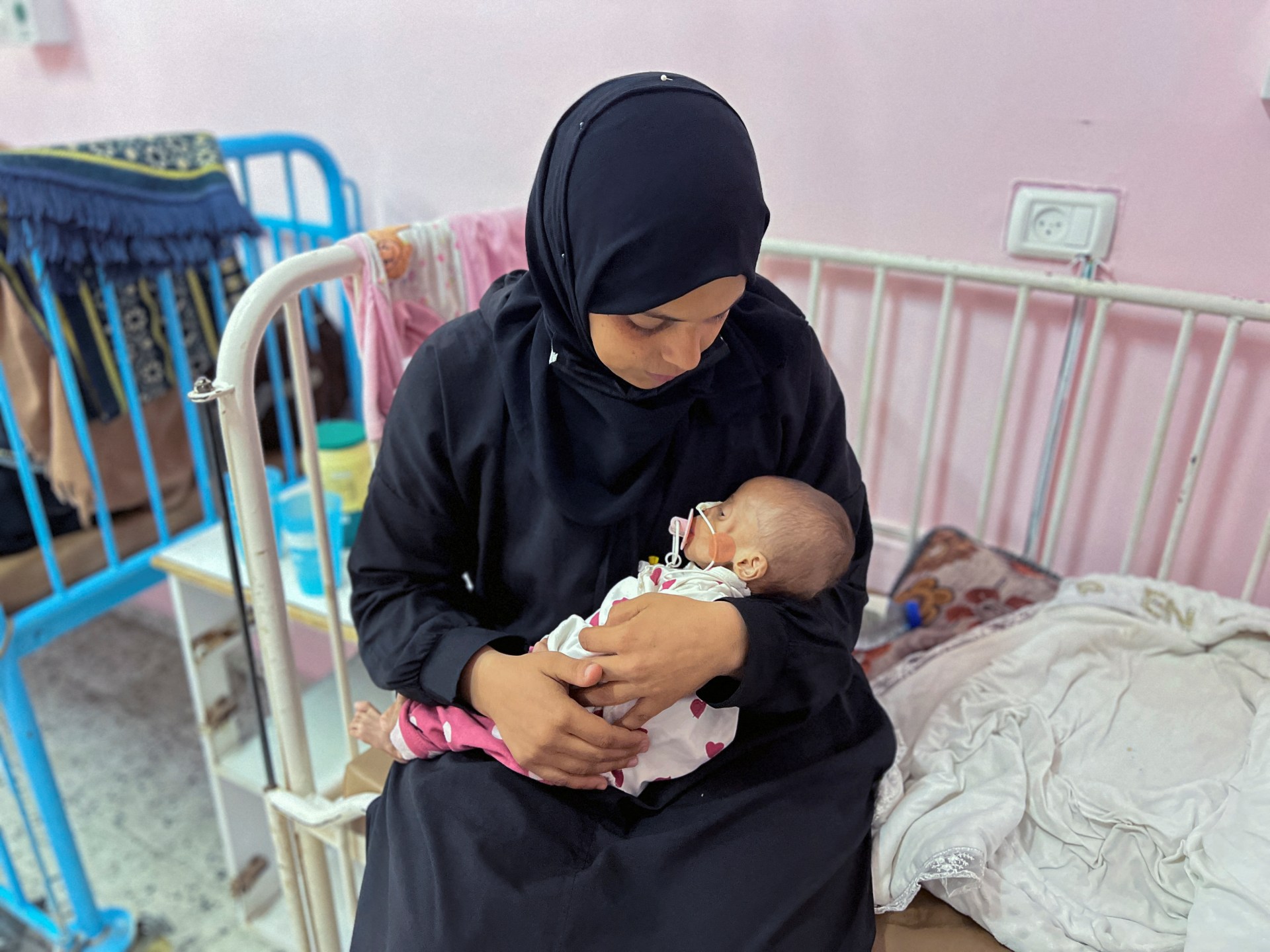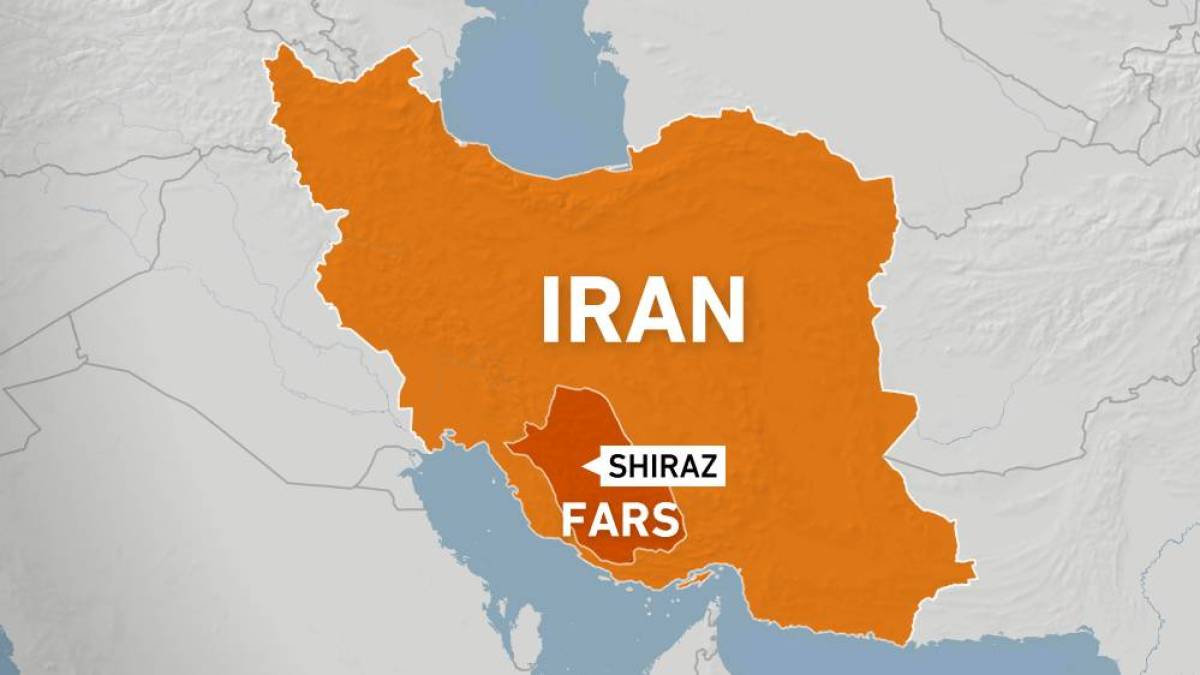In the last two years, as well as its war on Gaza and increasingly violent occupation of the West Bank, Israel has launched attacks on Iran, Lebanon, Syria, and Yemen.
The most recent attacks on Syria were launched this week, going so far as to hit the country’s Ministry of Defence.
Of course, the Israelis point to their justifications for the attacks on Syria – principally, in Israel’s telling, to defend the Syrian Druze minority. A US-brokered ceasefire has taken effect, but whether it holds remains to be seen.
In Lebanon, Israel claimed it wanted to stop the threat posed by Hezbollah.
The attacks on Iran, it said, were to end that country’s attempt to build a nuclear bomb.
And in Yemen, Israel’s bombing was a response to attacks from the country’s Houthi rebels.
Explanations aside, the question becomes whether the Israelis can continue to act in a manner that has many around the world, and particularly in the Middle East, seeing them as the aggressor.
Impunity over relationship-building
The Israeli argument is that all these conflicts – and the more than 58,000 Palestinians killed in Gaza – are necessary because Israel faces an existential battle that it has no choice but to win.
The Israeli government, in its current far-right makeup, at least, does not seem to care if its neighbours do not like it. Rather, it seems to care that they fear it.
And as the most powerful military force in the region, with the backing of the most powerful military force in the world, the Israelis feel that they can largely do what they want.
Israel is taking advantage of a weakening international order and a moment of flux in the way the world is run, particularly with the United States under President Donald Trump openly moving towards a more transactional foreign policy.
Western countries had previously attempted to maintain the idea of a liberal international order, where institutions such as the United Nations ensure that international law is followed.
But Israel’s actions, over decades, have made it increasingly hard to maintain the pretence.
The world has been unable to stop Israel from continuing its occupation of Palestinian land, even though it is illegal under international law.
Settlements continue to be built and expanded in the West Bank, and settlers continue to kill unarmed Palestinians.
Human rights organisations and international bodies have found that Israel has repeatedly violated the rules of war in its conduct in Gaza, and have accused the country of committing genocide, but can do little more.
Taking advantage
No other power wants, or feels strong enough, to take on the mantle the US is arguably vacating.
And until the rules get rewritten, it increasingly feels like might equals right. Israel, the only nuclear power in the region, is taking advantage.
Supporters of Israel’s actions in the past two years would also argue that those predicting negative consequences for its attacks have been proven wrong.
The main perceived threat to Israel was the Iranian-led Axis of Resistance, and the argument was that these countries and groups would strike Israel severely if the latter went too far in its attacks.
Israel did escalate, and the reaction from Iran and its allies was, in many cases, to choose to stand down rather than risk the total devastation of their countries or organisations.
Iran did attack Israel in a way that the country had not experienced before, with Tel Aviv being directly hit on numerous occasions.
But some of the worst-case scenario predictions did not take place, and ultimately, the direct conflict between Israel and Iran lasted 12 days, without the outbreak of a wider regional war.
In Lebanon, Israel can be even happier with the result.
After an intensified bombing campaign and invasion last year, Hezbollah lost its iconic leader, Hassan Nasrallah, and much of its military capacity, as well as some of its power in Lebanon. It is now, at least in the short term, no longer much of a threat to Israel.
Israeli hubris?
Israel seems to believe weak neighbours are good for it.
Much as in the case of Gaza and the occupied West Bank, the perception is that there is no real need to provide an endgame or next-day scenario.
Instead, as Prime Minister Benjamin Netanyahu has demonstrated, Israel can maintain chaos as far away as possible from its borders, as long as it maintains security inside.
But the current situation in Syria is an interesting example of what can go wrong, and when Israeli hubris may go too far.
Netanyahu has maintained that Syria south of Damascus must remain demilitarised.
His first argument was that this would ensure the safety of the Druze minority, thousands of whom also live in Israel and demanded that Israel protect their brethren following violence involving Bedouin fighters and government forces.
The second argument was that the new authorities in Syria cannot be trusted because of the new leadership’s past ties to groups such as al-Qaeda.
After Israel’s bombing and some US prodding, Syrian President Ahmed al-Sharaa agreed to withdraw government security forces from the Druze-majority province of Suwayda on Thursday, warning that while Israel “may be capable of starting a war”, it would “not be easy to control its consequences”.
By Friday, it had become clear that thousands of Bedouin – and other tribal forces – were headed to support the Bedouins in Suwayda after reports of massacres against them.
Al-Sharaa, presumably with the acquiescence of Israel, announced that Syrian government forces would deploy in Suwayda to end the ongoing clashes there, and a new ceasefire was declared on Saturday.
As it happens, the presence of a strong state with control over its territory may be more effective than allowing anarchy to reign.
Blowback
If anything, Israel’s actions in Syria will increase its regional isolation and raise eyebrows among countries that could have been seen as potential allies.
Saudi Arabia has emphasised its support for the new Syrian government, and Israel’s behaviour will add to Riyadh’s feeling, post-Gaza, that any “Abraham Accords” normalising ties cannot happen in the short term.
For many countries in the Middle East, particularly in the Gulf, Israeli hegemony, especially with the rise of messianic far-right forces in its government, leads to war, expansionism, chaos, and security risks.
And Israel’s short-term military gains run the risk of blowback elsewhere.
Iran’s military capabilities may have been heavily damaged in its war with Israel, but Tehran will likely seek to shift tactics to undermine Israel in other ways in the years to come, while improving its defences and potentially focusing on achieving a nuclear weapon.
As mentioned, the opinions of regional countries may not be the highest priority to the current crop of Israeli leaders, as long as they continue to have US support.
But that does not mean that – in the long term – Israel will not increasingly face blowback for its actions, both diplomatically and in terms of its security.
Domestically, constant wars, even if beyond Israel’s borders, do not provide a sense of long-term security for any populace.
The percentage of military reservists answering call-ups has already reportedly been decreasing. In a country where the majority of the military personnel are reservists who have jobs, businesses and families to take care of, it is difficult to maintain a permanent military footing indefinitely.
That has contributed to an increasing divide in Israel between a dominant ultranationalist camp that wants to fight first and ask questions later, annex Palestinian land, and force regional acceptance through brute force, and a more centrist camp that – while perhaps not prioritising alleviating Palestinian suffering – is more sensitive to international isolation and sanctions, while attempting to hold on to a “liberal Zionist” image of Israel.
Should current trends continue, and the ultranationalist camp retain its dominance, Israel can continue to use its military power and US backing to yield short-term successes.
But by sowing chaos around its borders and flouting international norms, it is breeding resentment among its neighbours and losing support among its traditional allies – even in the US, where public support is slipping.
A more isolated Israel can do what it wants today, but without a long-term strategy for peace, stability and mutual respect with its neighbours – including the Palestinians – it may not be able to escape the consequences tomorrow.
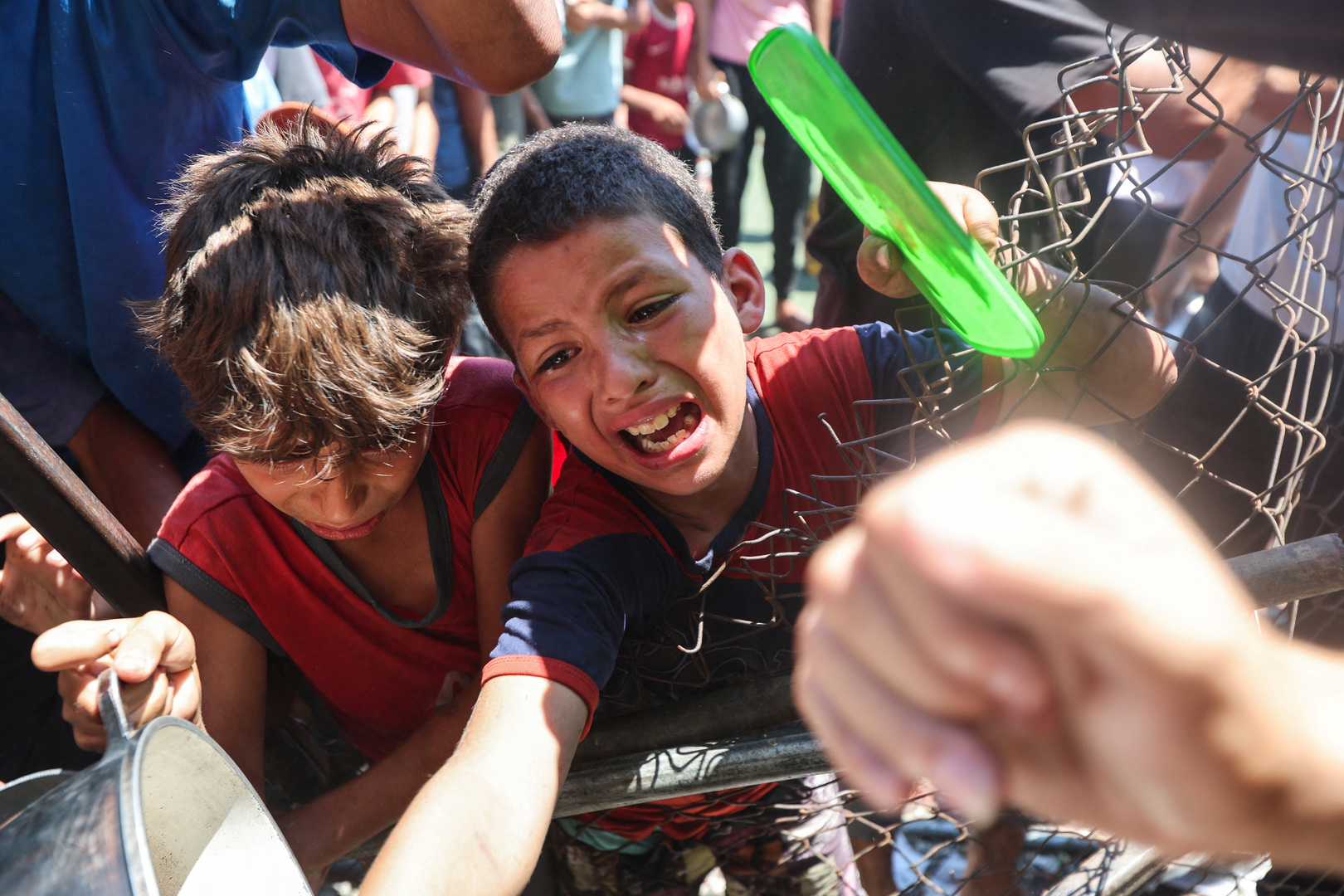
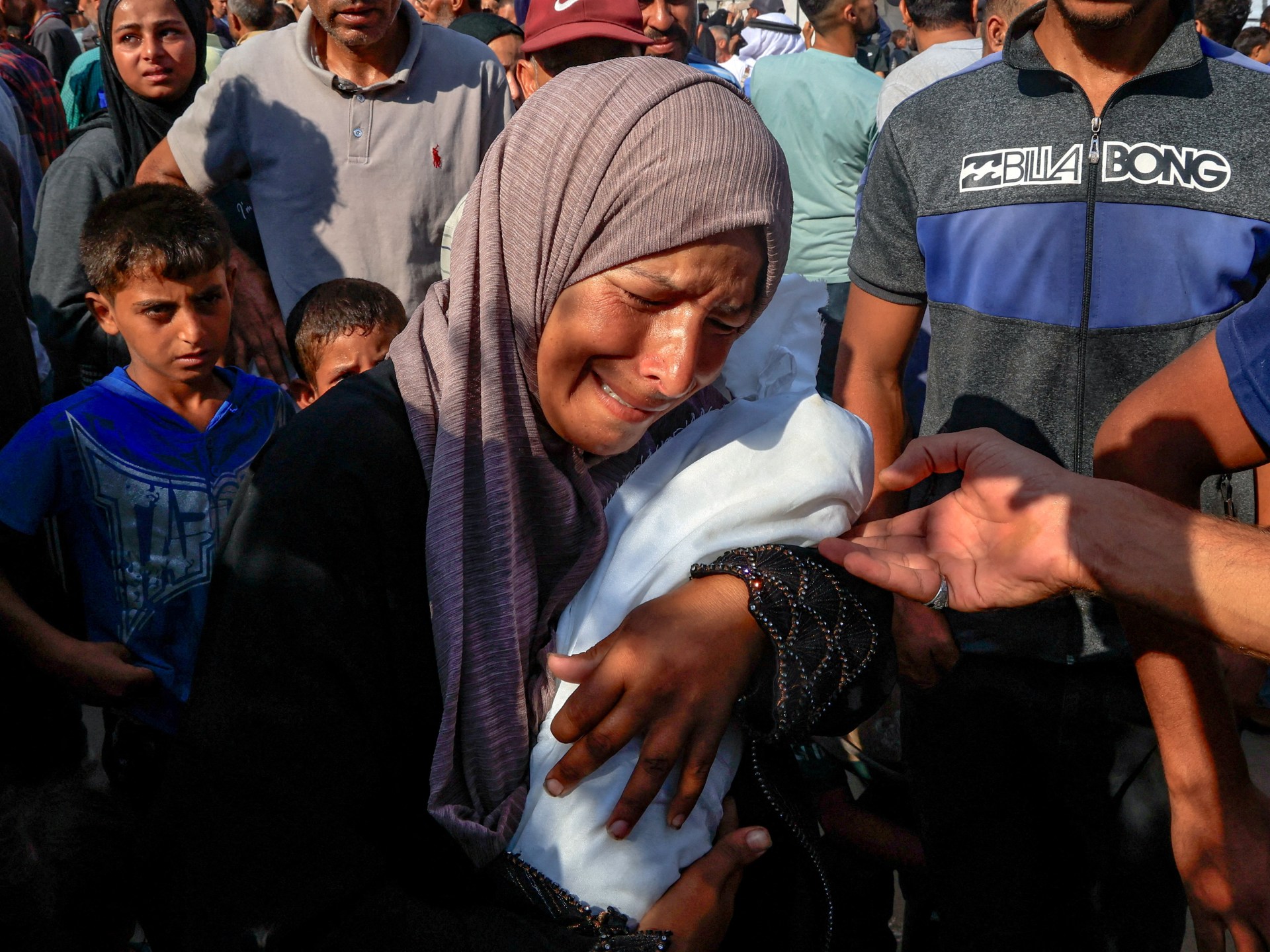
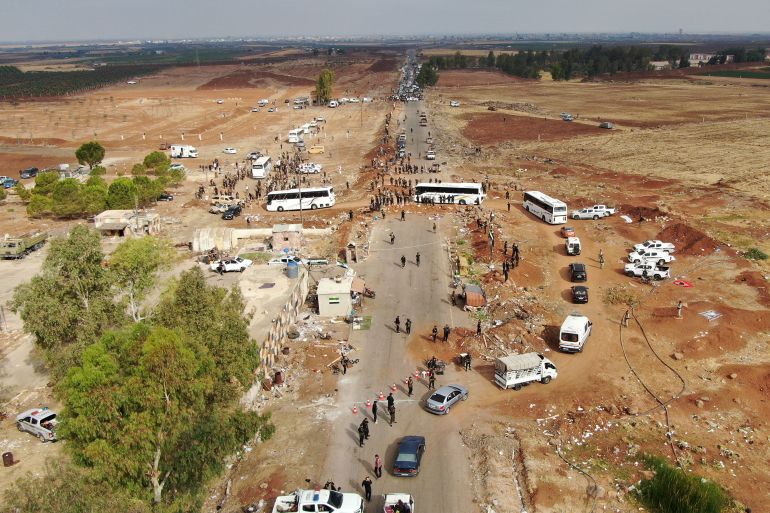

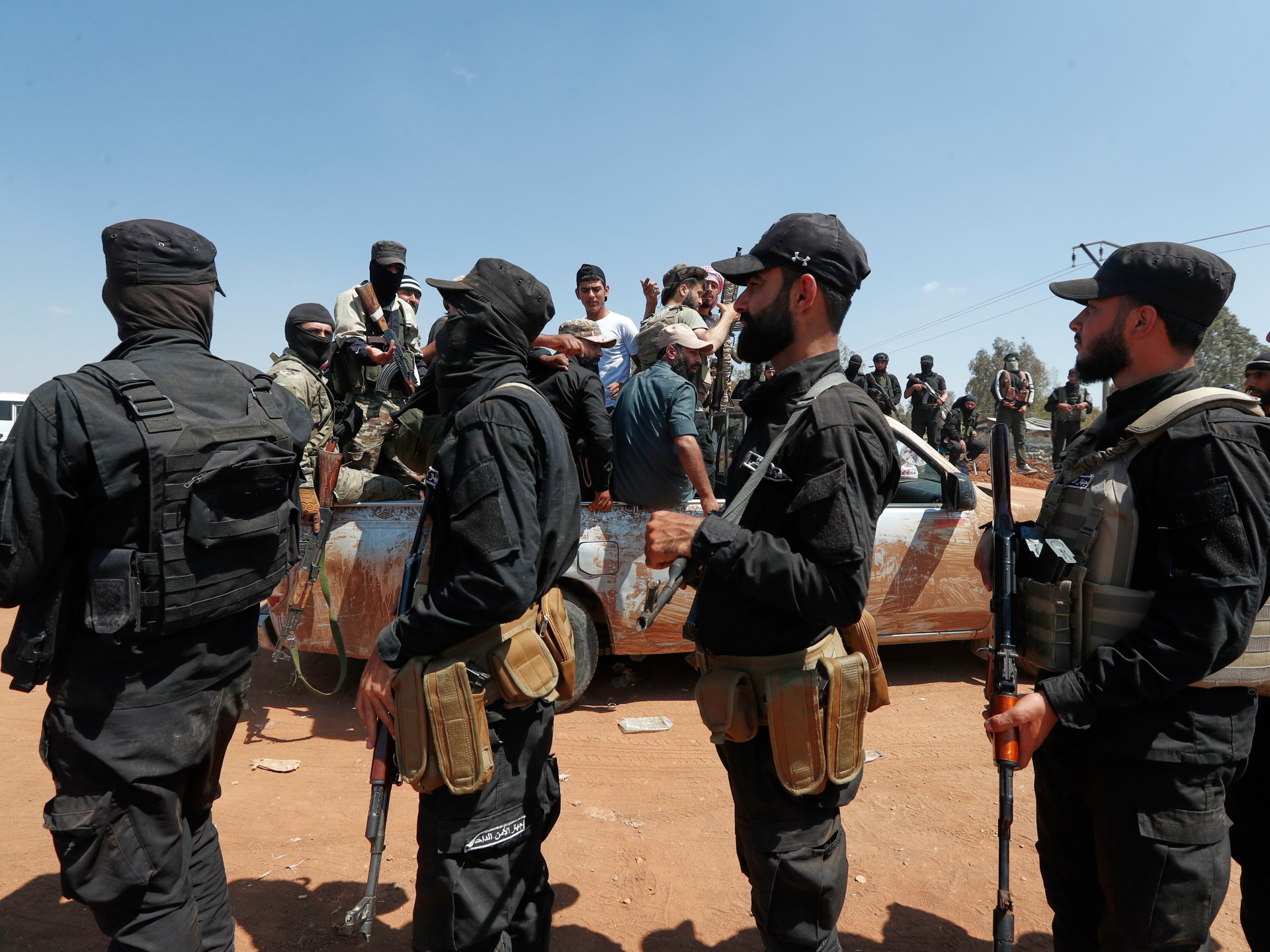
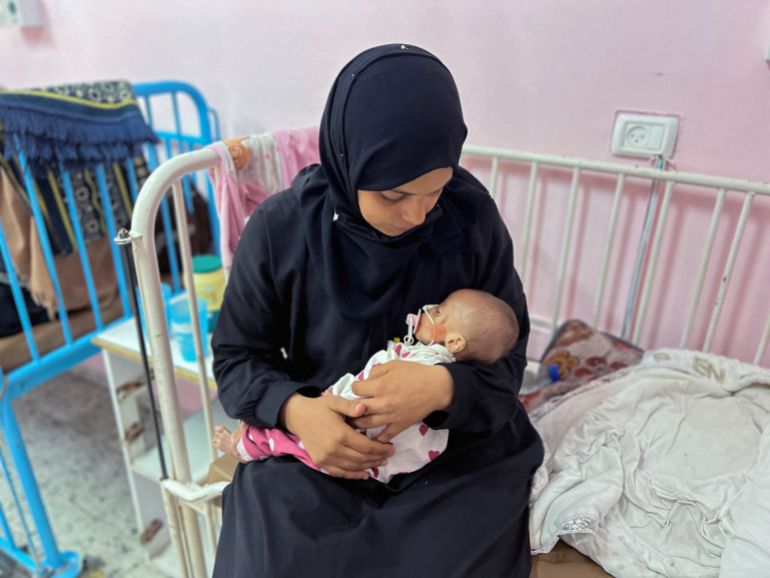
![Palestinian mother Israa Abu Haleeb looks after her five-month-old daughter, Zainab, who is diagnosed with malnutrition, according to medics, at Nasser hospital in Khan Younis [File: Hussam Al-Masri/Reuters]](https://www.occasionaldigest.com/wp-content/uploads/2025/07/1753058325_963_2025-07-15T141103Z_297129143_RC21NFAJWV4T_RTRMADP_3_ISRAEL-PALESTINIANS-GAZA-HUNGER-1752937817.jpg)
